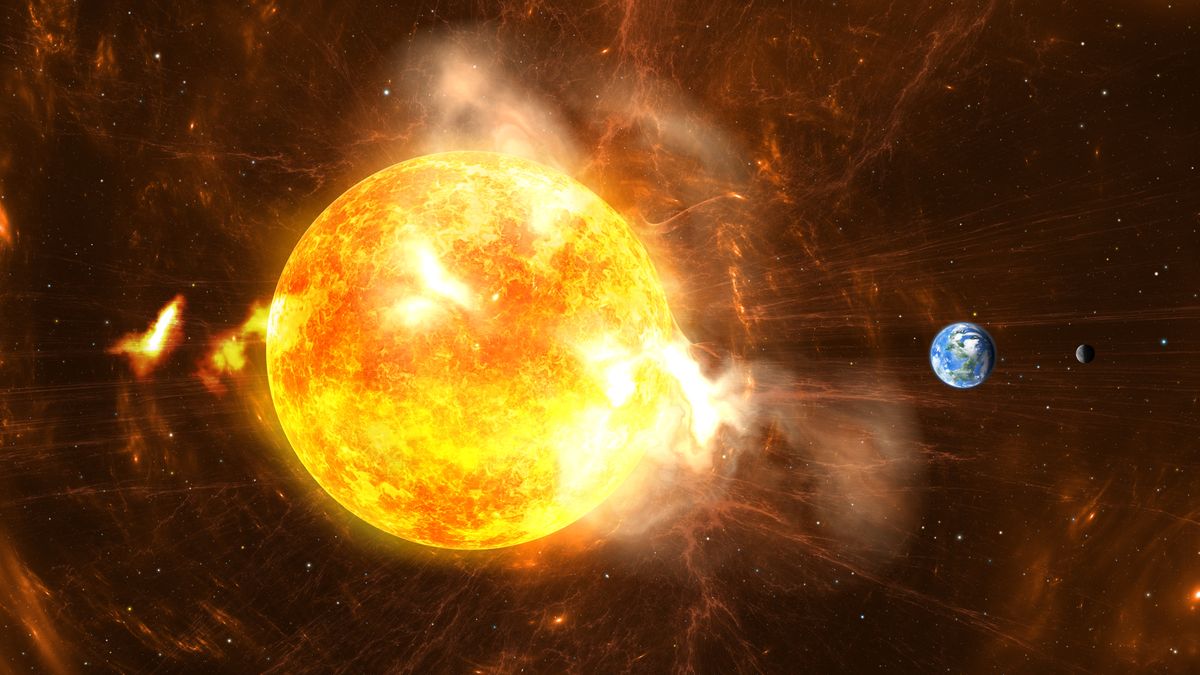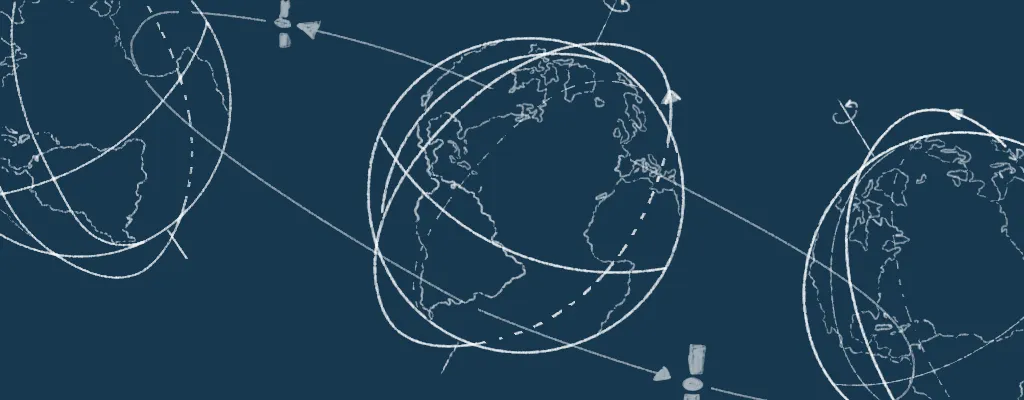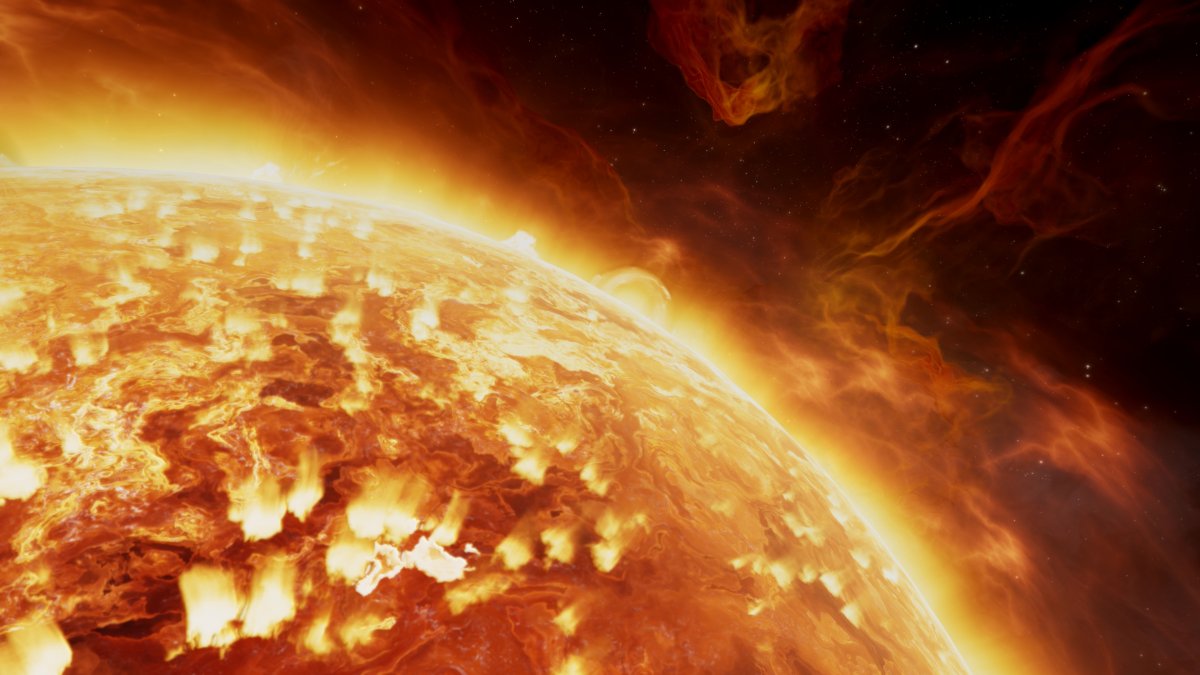–Space weather refers to the conditions in space that can affect technology and human activity on Earth. It’s primarily driven by the sun’s activity, particularly solar flares and coronal mass ejections (CMEs).
Importance of Space Weather Forecasting
Space weather forecasting is crucial for protecting critical infrastructure and ensuring the reliability of various technologies. Accurate forecasts can help:
- Mitigate Power Grid Disruptions: Predicting solar storms can allow power companies to take preventive measures to avoid blackouts.
- Protect Satellites: Spacecraft operators can be alerted to potential radiation storms and take steps to safeguard their satellites.
- Ensure Communication Reliability: Forecasting space weather can help prevent disruptions to radio communications and GPS navigation.
Methods of Space Weather Forecasting
- Solar Observations: Scientists monitor the sun for signs of solar activity, such as sunspots, solar flares, and CMEs.
- Spacecraft Data: Satellites orbiting the sun and Earth collect data on the solar wind, magnetic fields, and other space weather parameters.
- Modeling: Computer models are used to simulate the propagation of solar storms through space and predict their potential impacts on Earth.
Challenges in Space Weather Forecasting
While significant progress has been made in space weather forecasting, it remains a challenging task. Some of the challenges include:
- Solar Activity Variability: The sun’s activity is unpredictable, making it difficult to accurately forecast solar storms.
- Complex Interactions: The interactions between the solar wind, Earth’s magnetic field, and the atmosphere are complex and not fully understood.
- Data Limitations: There are limitations in the data available for space weather forecasting, especially for regions of space that are difficult to observe.
Future Developments
Researchers are continuously working to improve space weather forecasting capabilities. This includes developing new models, improving data collection, and exploring innovative technologies. As our understanding of the sun and space weather improves, we can expect more accurate and reliable forecasts in the future.
Would you like to know more about specific space weather events, the technologies used for forecasting, or the challenges faced by scientists in this field?



